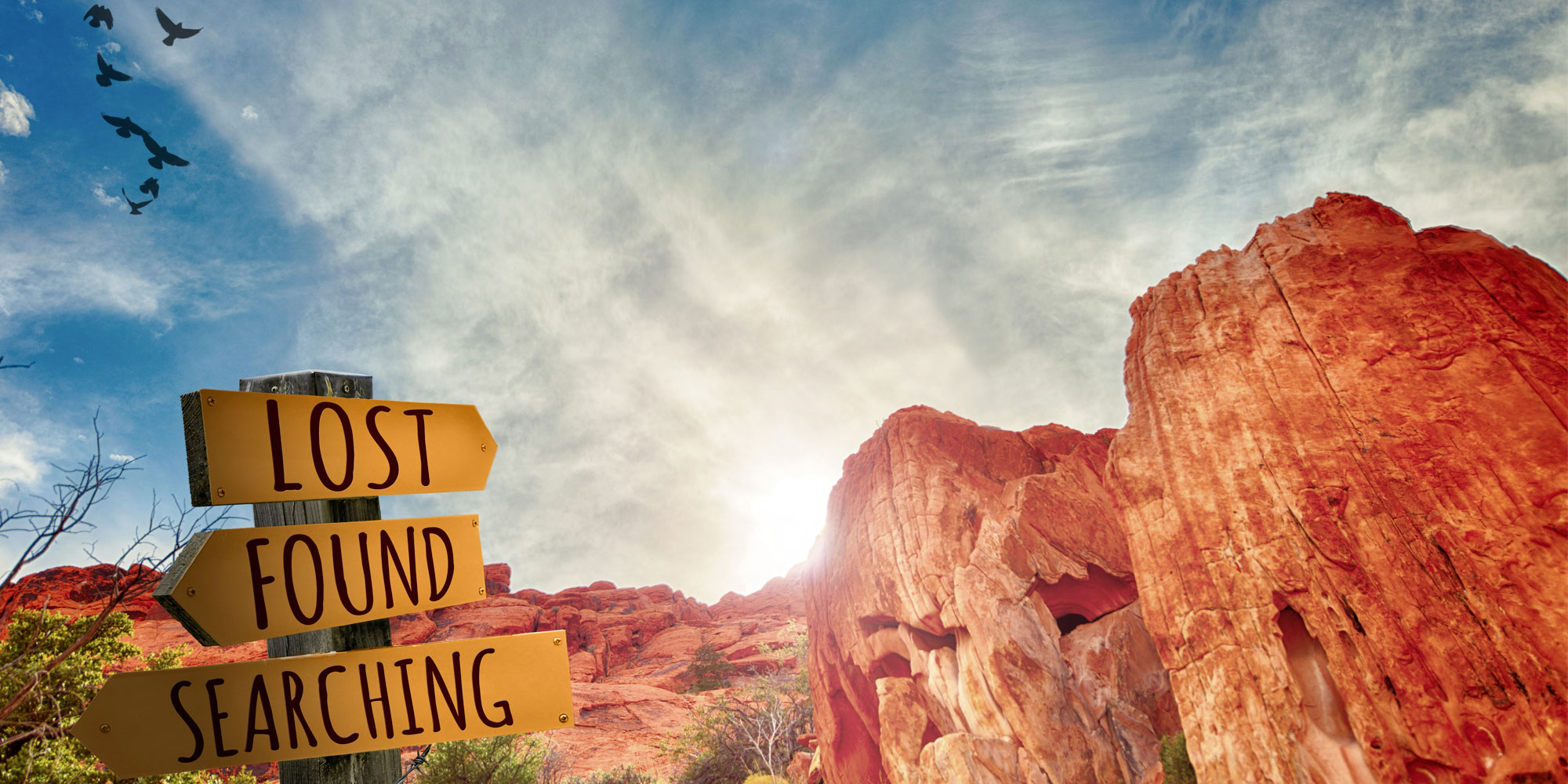
The image of human beings in psychosynthesis
WATCH THE VIDEO (YouTube)
(in Italian with English translation)
“In fact, we could say that in each one of us, there are, present and active to varying degrees, all the instincts and all the passions, all the vices and all the virtues, all the tendencies and all the aspirations, all the faculties and all the qualities of humanity.”
Keyserling, cit. in R. Assagioli, 1971, (p. 17)
Psychosynthesis sees the individual as “an incomplete being, driven by a feeling of emptiness, lack, separation and nostalgia for a lost unity” (Galimberti, 1999, p. 868). Assagioli describes the human predicament with a beautiful image:
“Every human being feels incessantly driven to assert himself, to grow; everyone feels, except for brief periods of fleeting and illusory fulfilment, perpetually dissatisfied. We perceive that we are missing something that we are not what we ought to be; we are pervaded and tormented by that turmoil so admirably expressed by Homer, the blind seer, in the myth of Ulysses: the restless hero who roamed the world “chasing his soul turned into a siren” (Assagioli, 1971, p. 138).
Psychosynthesis’ dynamic, even dramatic, conception of human nature is, animated by an evolutionary tension and movement from chaotic multiplicity to unity, from past to future, from stasis to movement, from separateness to union, from unconscious to consciousness, from inertia to activity, from oppression to freedom (Alberti, 1994, p. 20). We are travellers on a journey of self-realisation, in search of our Self, our original face. Every human being follows, more or less consciously, this path towards a more authentic and deeper self which is simultaneously a path towards more authentic relationships with others. To rediscover ourselves, each of us must become aware of the totality of who we are, and this inevitably demands us to be aware of our participation in humanity as a whole.
The psychic function driving us along this sometimes easy but more often arduous path, is the will. This is the crucial experience which enables us not to view ourselves as impotent objects passively enduring their fate, but rather as subjects who are capable of self-determination and choice; subjects who are able to act responsibly, freely, and creatively and to transform themselves and their lives.
The human being at the centre of this vision is continually moved to confront the unknown within themselves and delve into the central mystery of their existence. Assagioli considers this type of inquiry indispensable not only to acquire any genuine knowledge of human nature; but also to develop a certain degree of mastery of one’s inner world; thus igniting a beneficial process of change and transformation. He summed up these three aims in the motto:
Know, master, transform yourself.
For more:
The Way of Psychosynthesis, Synthesis Insights (Part 3, Ch. IV, pp. 179-186) – Buy now
